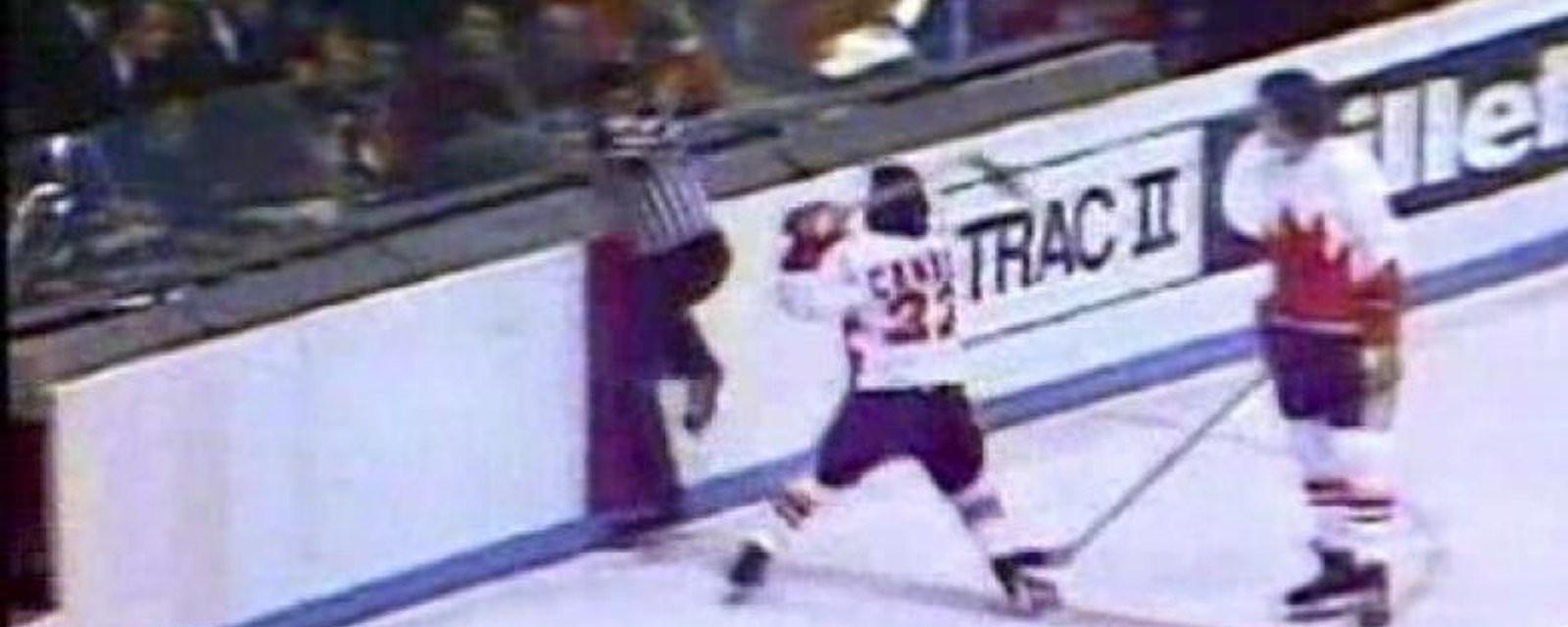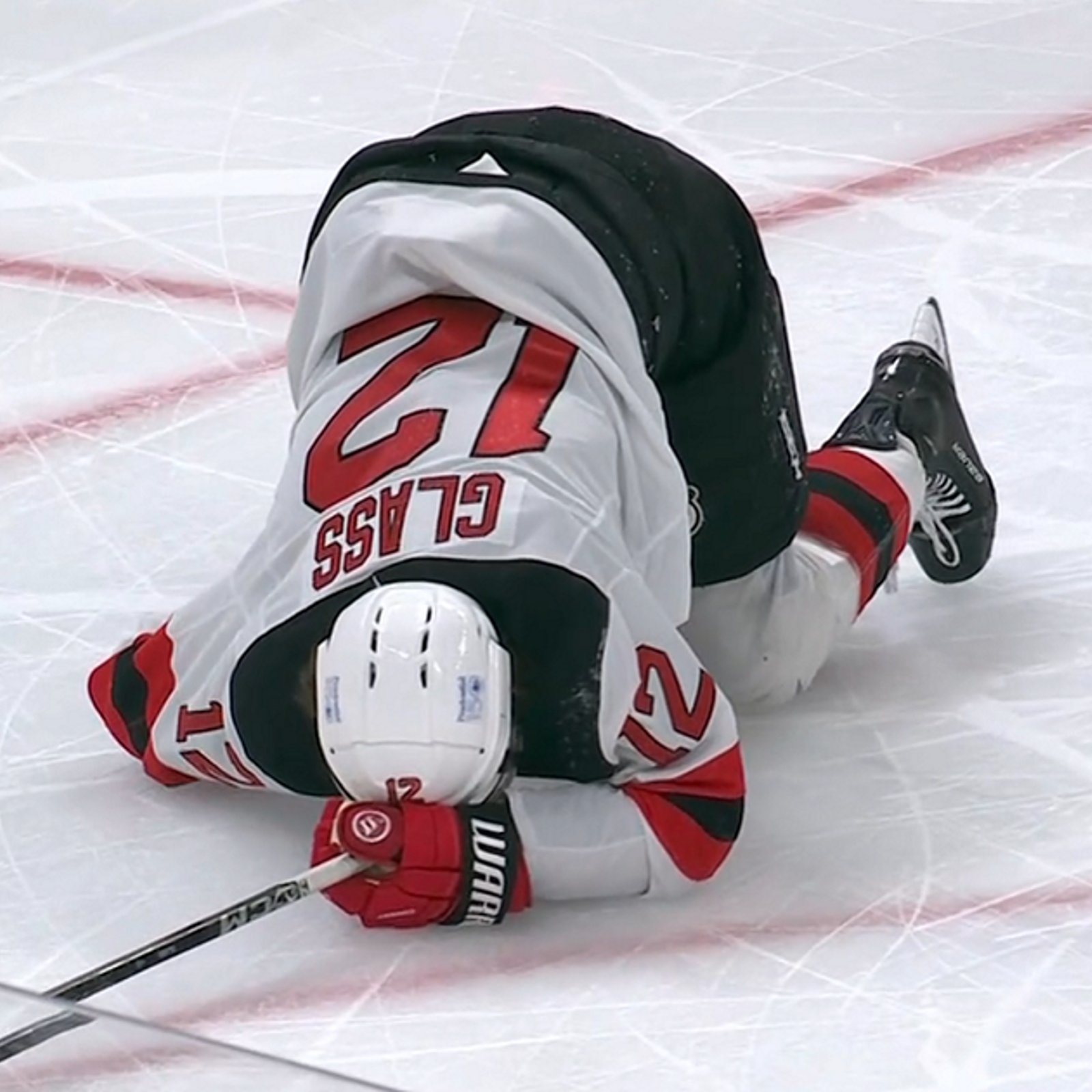
J.P Parise will be remembered as a feisty player and hockey genius.
Parise, who died Wednesday night at the age of 73 after a long battle with cancer, will be remembered as an industrious NHL player who got the most out of his abilities and, after fighting tooth and nail, created an NHL career that lasted almost 900
HockeyFeed
Parise, who died Wednesday night at the age of 73 after a long battle with cancer, will be remembered as an industrious NHL player who got the most out of his abilities and, after fighting tooth and nail, created an NHL career that lasted almost 900 games.
When you think of J.P Parise, there is one indelible moment that stays with most hockey fans, especially if you are a Canadian. During Game 8 of the 1972 Summit Series between Canada and the Soviet Union, Parise was infamously ejected from the game for nearly decapitating a referee with his stick. After being called for a penalty he swung his stick in the direction of a referee and was immediately kicked out of the game. Former Team Canada teammate Peter Mahovlich said of Parise:
“He was a terrific player for us,” Mahovlich said. “He was a guy, like a lot of us, who were playing right to the end and playing roles that I don’t think a lot of people expected we would. But J.P. Parise was the kind of player we needed. He was a no-nonsense guy who never took a shift off. That was the way he played for us and that was the way he played in the NHL.”
He added more about the stick swinging incident in 1972:
“Thankfully, he had enough sense not to do it,” Mahovlich said. “I think we all learned a lot about ourselves in that series and I think J.P. learned about controlling his emotions. And I think that was something he was able to pass on to kids all those years later when he coached them in Minnesota.”
When Parise was in the NHL, he was known as a feisty player who worked hard and never gave opponents a free pass. This was one of the main reasons he was able to make it in Minnesota. When the league expanded from 6 teams to 12, Parise finally got his shot, along with many others. He was a very emotional player as documented by one account of an altercation he had with California Golden Seals head coach Bert Olmstead.
In a 2011 interview with The Hockey News, Parise said Olmstead called him a “frog” and said he’d ship him “right back to Quebec.”
“So me, being feisty and not understanding my place, I said, ‘F— you. First of all, I’m not from Quebec and just because I screwed up, that gives you no (expletive) right to attack my heritage. It was stupidity at my best. The part of the brain that understands consequences was not quite developed.”
Although this is what resonates with hockey fans, it was his contributions off the ice for which he should most be remembered. The Shattuck-St. Mary’s hockey program was in shambles when Parise began as a coach there. He would later become director of the hockey program there, and he revamped the whole system. The Shattuck-St. Mary’s hockey program is now one of the biggest powerhouses in USA Hockey. At the Sochi Olympics, the program was well represented by 8 graduates. They were Sidney Crosby and Jonathan Toews for Canada and Zach Parise and Derek Stepan for USA in the men’s tournament and Amanda Kessel, Brianna Decker and Monique and Jocelyne Lamoureux for USA in the women’s tournament.
Parise was a hockey mastermind, his son will carry on his name in today's NHL, but we should never forget his contributions.

- Jonathan Larivee
12 players penalized as all hell breaks loose at the end of Game 1.
- NHL News
- 2 minutes read

- Jonathan Larivee
Jacob Markstrom slashes and injures his own teammate in Game 1.
- NHL News
- 2 minutes read

- Jonathan Larivee
Kris Knoblauch officially confirms Oilers will be down three men in Game 1.
- NHL News
- 2 minutes read
